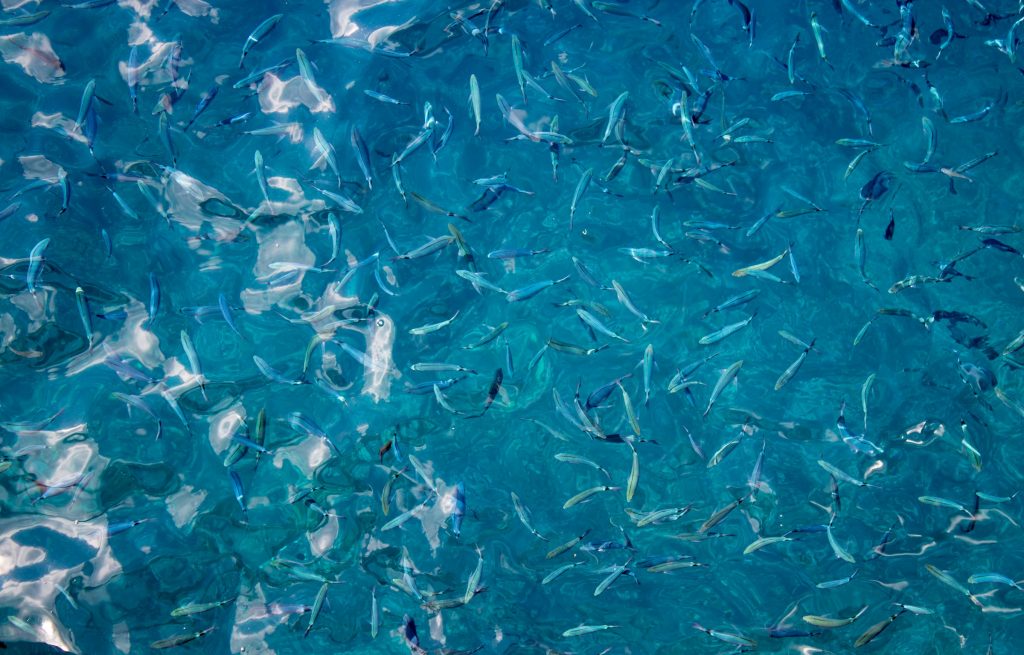Seafarming Systems, as the project promoter, together with partners Salmalytics AS, Gekom d.o.o, and Cronomar d.o.o, has explored the sustainable farming of salmonids in the Croatian Adriatic, as well as the fabrication of cages in Croatia. Additionally, Maribu d.o.o played an integral role in the project.
The project, “Sustainable Salmon Farming and Cage Fabrication in Croatia,” was approved under the Call for Bilateral Cooperation in the Green and Blue Sector between Croatia and Norway. This initiative is part of the Business Development and Innovation Programme in Croatia, which aims to enhance value creation and sustainable growth in the Croatian private sector. The Programme is financed by Norway Grants and is part of the EEA and Norway Grants 2014-2021, with Innovation Norway as the operator.
The primary objective of the project was to assess the feasibility of farming salmonids in the Croatian Adriatic using Aquatraz and/or other cages from Seafarming Systems. Additionally, the project examined whether these cages could be manufactured in Croatia. This involved evaluating both environmental and regulatory factors and conducting a study trip to Croatia, including visits to multiple shipyards.
The conclusion is that salmonid farming is feasible in select areas of the Croatian Adriatic using Aquatraz, incorporating deep water intake and sludge collection. Furthermore, fabricating these cages in Croatia is viable, particularly for local use.
However, a key limiting factor is the high temperatures and low current at water intake depths. The project also revealed a concerning trend: sea temperatures have risen rapidly over the past 5-6 years—faster than air temperatures and beyond initial projections. Given that current temperatures are already at the upper limit of tolerance for salmonid species, continued warming may ultimately render salmonid farming in the Adriatic unfeasible.
Seafarming Systems considers the project a success and plans to continue collaborating with its existing Norwegian and Croatian partners, as well as engaging new partners in future projects focused on salmonid farming in Croatia.


